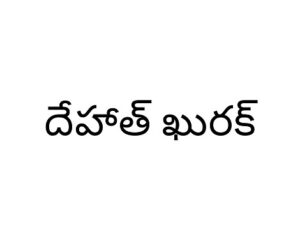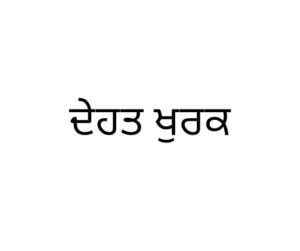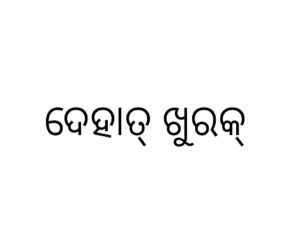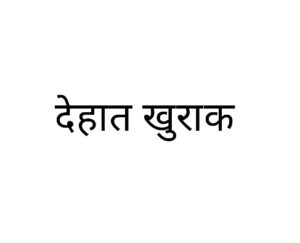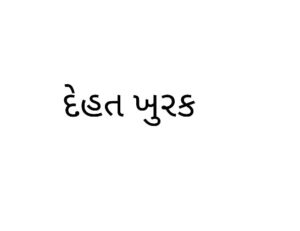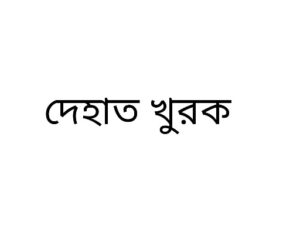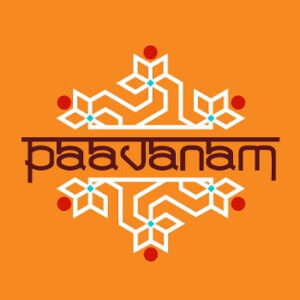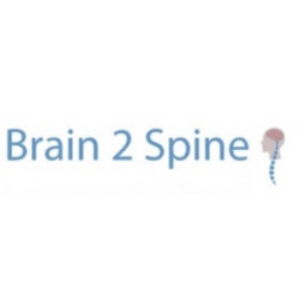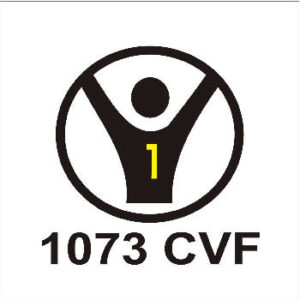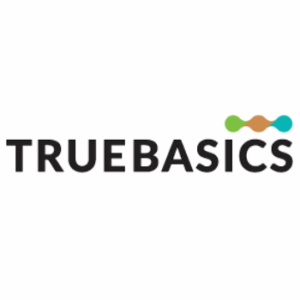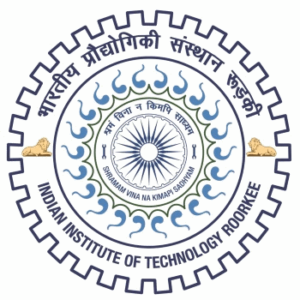COPYRIGHT
The law of copyright provides a legal framework not only for the protection of the traditional beneficiaries of copyright, the individual author , composer or artist but also for the investment required for the creation of works by the major cultural industries, publishing, film, broadcasting and recording companies and the computer software industry.
The object of copyright law is to protect the author of the copyright work from an unlawful reproduction or exploitation of his work by others.


The Copyright Act, 1957
Creation of copyright office and a copyright board to facilitate registration of copyright and registration of copyright and to settle certain kinds of disputes arising under the act and compulsory licensing of copyright. Definition of various categories of works in which copyright subsists and the scope of the rights conferred on the author under the act. Provisions to determine the first ownership of copyright in various categories of works Term of copyright for different categories of works Provisions relating to assignment of ownership and licensing of copyright including compulsory licensing in certain circumstances Provisions relating to performing right societies. Broadcasting rights International copyright. Author’s special rights
Registration of Copyright
The copyright act gives an option to the owner of a copyright to have the work registered under section 45 of the Act. Copyright Registration in India gives the creators of a wide range of material, such as literature, art, music, sound recordings, films and broadcasts, economic rights enabling them to control use of their material in a number of ways, such as by making copies, issuing copies to the public, performing in public, broadcasting and use on-line. It also gives moral rights to be identified as the creator of certain kinds of material and to object to its distortion or its mutilation. (Material protected by copyright is termed a “work”.) Copyright protection is automatic as soon as there is a record in any form of the material that has been created. Under the Indian Copyright Act there is a provision to register copyright although this is voluntary.


Procedure for Registration of Copyright
An application for copyright on Form-IV accompanied by four copies of the work is to be made on Form IV (Including Statement of Particulars and Statement of Further Particulars) along with the prescribed fee at Copyright Office of the Department of Education, New Delhi. The Copyright Office initially provides a filing number and filing date and issues a filing receipt. Thereafter the application is formally examined by the Office. Defects will be communicated to the applicant. Once the application is found to be in order it is accepted and the Copyright Office issues the registration certificate.

